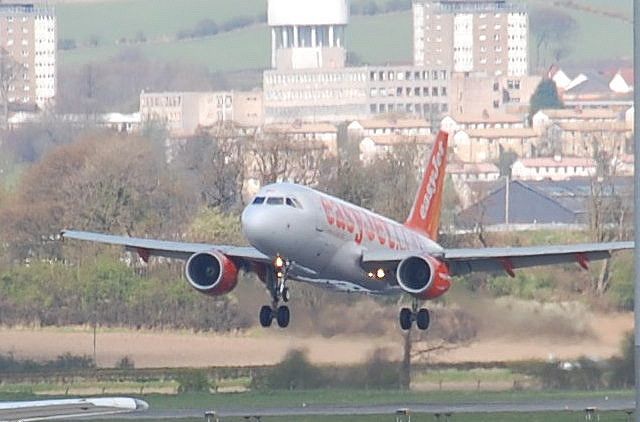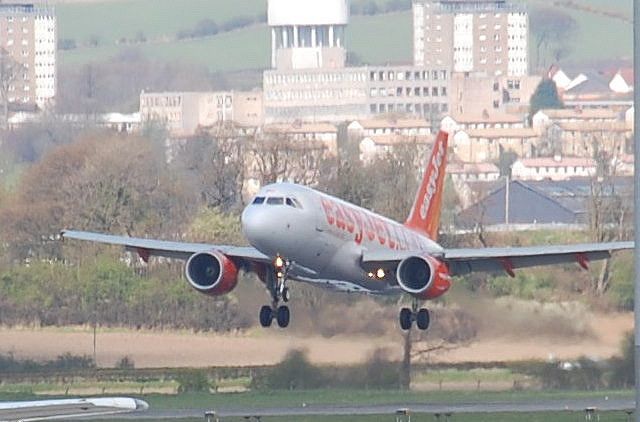China blocks its airlines from joining EU’s carbon emission scheme
China has banned all of its airlines from complying with the European Union’s (EU) new Emissions Trading Scheme (ETS) aimed at reducing the industry’s carbon emissions on the continent.


China has banned all of its airlines from complying with the European Union’s (EU) new Emissions Trading Scheme (ETS) aimed at reducing the industry’s carbon emissions on the continent.
A statement on the Central Government of China’s State Council website also bars its airlines from hiking fares or adding further charges in relation to the scheme, unless they receive prior approval.
The ETS, effective as of January 1st this year, levies a charge on flights to and from the 27 EU member states based on the estimated emitted levels of carbon.
The implementation of the scheme has been met with fierce opposition from not just China, but the United States and India. The three nations argue that the EU legislation exceeds its legal jurisdiction as the calculated carbon cost covers the whole flight and not just within European airspace. The US believes that the tax must be dealt with by the international aviation body (the International Civil Aviation Organisation), rather than by individual countries or blocks. In December, the US rejected the European Court ruling that airline emissions taxes are legal. 
China estimates that the scheme could cost its airlines as much as €95 million in additional costs each year. Costs that are even greater concern given the stability of the global markets and its effect on the aviation industry, say analysts. “The sector is already facing quite severe challenges,” Chris De Lavigne of Frost & Sullivan told the BBC. “The airline industry as a whole has already been hit by high fuel costs in the past couple of years and no one wants additional cost factors coming in.” The scheme will see fare increases of up to €12 per passenger, according to EU estimates. Despite the legislation being effective as of 2012, airlines will not be billed for their emissions until next year when the carbon emission data is received. Initially airlines will be granted allowances to cover 85 percent of their emissions.
According to the European Union, a number of Chinese airlines have already agreed to sign up for the scheme, with the EU remaining confident that the climate mitigating initiative has a future. “The Commission of course remains confident the Chinese airlines will comply with our legislation when they are operating through EU airports,” said EU climate spokesman, Isaac Valero-Ladron. Adding that Chinese carriers had already discussed the acquisition of carbon credits of which they are entitled.
A group of 26 countries opposed to the ETS, including Canada, the US, Russia, China and India, are due to meet in the Russian capital of Moscow on February 21st to discuss the matter.
Image 01: Puddy_UK | Flickr
Image 02: Christian Haugen |Flickr





